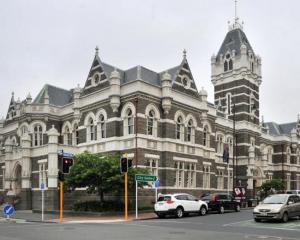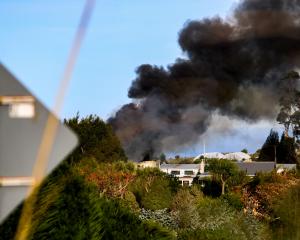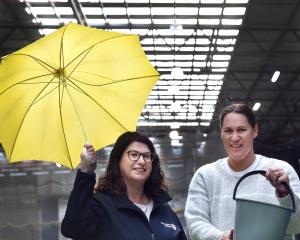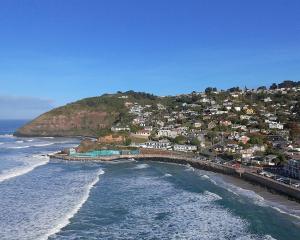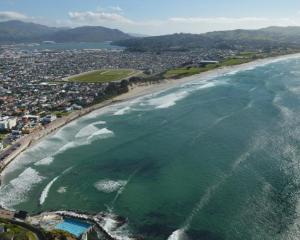A monthly free-bus day, capped fares, seats at more stops and smaller buses have been suggested as ways the Otago Regional Council could improve Dunedin's public transport system.
On day two of the council's annual plan hearings the ideas flowed freely, with some finding favour and others being deemed uneconomic by councillors.
Sustainable Dunedin City member David Tucker described public transport in Dunedin as "inadequate".
"Radical changes, outside the square, and some probably taking decades to implement are required," he said in his submission.
He believed having a monthly free-bus day would get "a few more bums on seats".
Using larger buses only on major routes and developing a feeder service using mini-buses, which would pick people up from their home or work and take them to a main route stop, would also be more cost effective, he said.
However, Cr Bryan Scott said contractors believed having the "double investment" of both larger and smaller buses "does not make economic sense" and the investment in larger buses had already been made.
Otago Polytechnic Students Association representative Mark Baxter said the main problem students had with the bus system was cost.
He argued running a car was cheaper in Dunedin than taking the bus and offered a range of ideas to make it more accessible and affordable.
Concession fares for students, a daily fare cap of $5, fare-free buses, a transfer ticket, which would enable bus users to go from one bus to another on the same ticket, and a multi-ride ticket, which would allow users to use a ticket multiple times within a certain timeframe, were all ways to reduce costs and make the service more user-friendly.
Making the timetable more understandable, having real-time digital displays, and introducing an online travel planner, would also smooth the system, he said.
Dunedin resident Phil Cole believed simple goals, such as putting bus stops where people actually wanted them, and tweaking the timetable to suit work hours, were a good place to start.
Senior-Link co-ordinator Geraldine Tait argued for more seats and shelters at the city's busiest bus stops.
People waiting for buses, particularly the elderly, ill and those with young children, had a right to shelter and a seat, she said.
The placement of shelters and seats was "somewhat bizarre and is lacking in certain places", such as South Dunedin.
Methodist Mission chief executive Laura Black pushed the council to aim higher with its "so uninspiring as to be embarrassing" patronage growth target of 1%.
With petrol prices, the cost of living and traffic congestion on the increase, "public transport should be our saviour" and use "should be going through the roof".
Market research to find out what the barriers were to people using it should be a priority, she said.
Cr Scott defended the 1% growth target because it had been set at 4% in the past and council was "left with egg on our faces" when it was not achieved.
"A 1% increase is more achievable," he said.
Cr Stephen Woodhead, while calling her submission "positive", also pointed out that regular surveys were carried out and feedback was regularly received on public transport.
Advertisement







